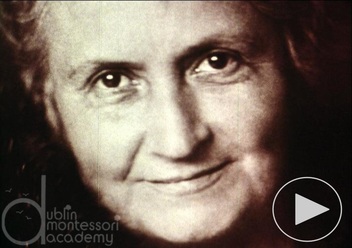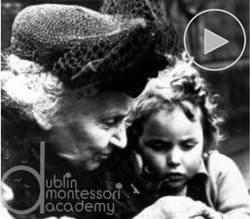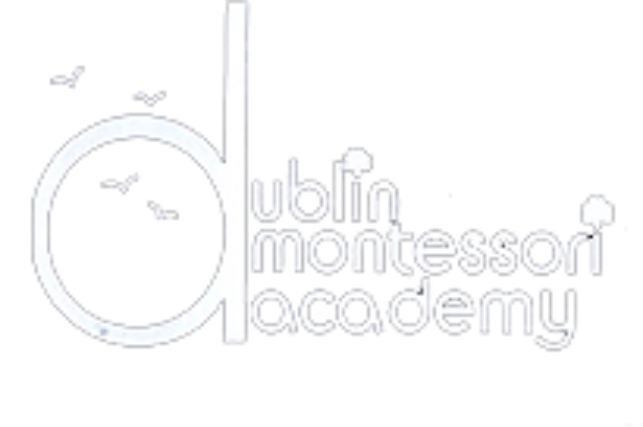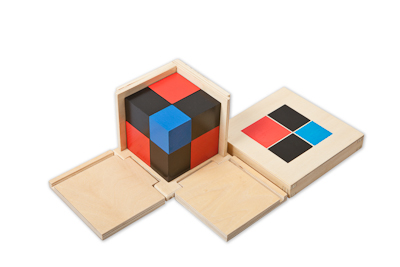What Is Montessori?

The basic idea in the Montessori philosophy of education is that all children carry within themselves the person they will become. In order to develop physical, intellectual, and spiritual potential to the fullest, the child must have freedom- a freedom to be achieved through order and self-discipline. The world of the child, say the Montessori educators, is full of sights and sounds which, at first, appear chaotic. From this chaos children must gradually create order, learn to distinguish among the impressions that assail their senses, and slowly but surely gain mastery of themselves and the environment.
Dr. Montessori has recognized that the only valid impulse to learning is the child's self-motivation. Children move themselves toward learning. The directress prepares the environment, directs the activity, and offers the child stimulation; but it is the child who learns, who is motivated through work itself (not solely by the teacher's personality) to persist in a given task. If Montessori children are free to learn, it is because they have acquired an "inner discipline" from their exposure to both physical and mental order. This is the core of Dr. Montessori's philosophy. Patterns of concentration, "stick-to-itiveness" and thoroughness established in early childhood produce a confident and competent learner in later years. The Montessori program teaches children to observe, to think and to analyze. It introduces children to the joy of learning at an early age and provides a solid foundation for the rest of their lives.
Dr. Montessori has recognized that the only valid impulse to learning is the child's self-motivation. Children move themselves toward learning. The directress prepares the environment, directs the activity, and offers the child stimulation; but it is the child who learns, who is motivated through work itself (not solely by the teacher's personality) to persist in a given task. If Montessori children are free to learn, it is because they have acquired an "inner discipline" from their exposure to both physical and mental order. This is the core of Dr. Montessori's philosophy. Patterns of concentration, "stick-to-itiveness" and thoroughness established in early childhood produce a confident and competent learner in later years. The Montessori program teaches children to observe, to think and to analyze. It introduces children to the joy of learning at an early age and provides a solid foundation for the rest of their lives.
Who is Maria Montessori?

Dr. Maria Montessori was a physician, scientist, professor, and innovator, acclaimed for her educational method that builds on the way children naturally learn.
Maria’s early medical practice focused on psychiatry. She also developed an interest in education, attending classes on pedagogy and immersing herself in educational theory. Her studies led her to observe, and call into question, the prevailing methods of teaching children.
She opened the first Montessori school in Rome in 1907. Utilizing scientific observation and experience gained from her work with young children, Maria designed learning materials and a classroom environment that fostered the children’s natural desire to learn.
Maria’s early medical practice focused on psychiatry. She also developed an interest in education, attending classes on pedagogy and immersing herself in educational theory. Her studies led her to observe, and call into question, the prevailing methods of teaching children.
She opened the first Montessori school in Rome in 1907. Utilizing scientific observation and experience gained from her work with young children, Maria designed learning materials and a classroom environment that fostered the children’s natural desire to learn.

